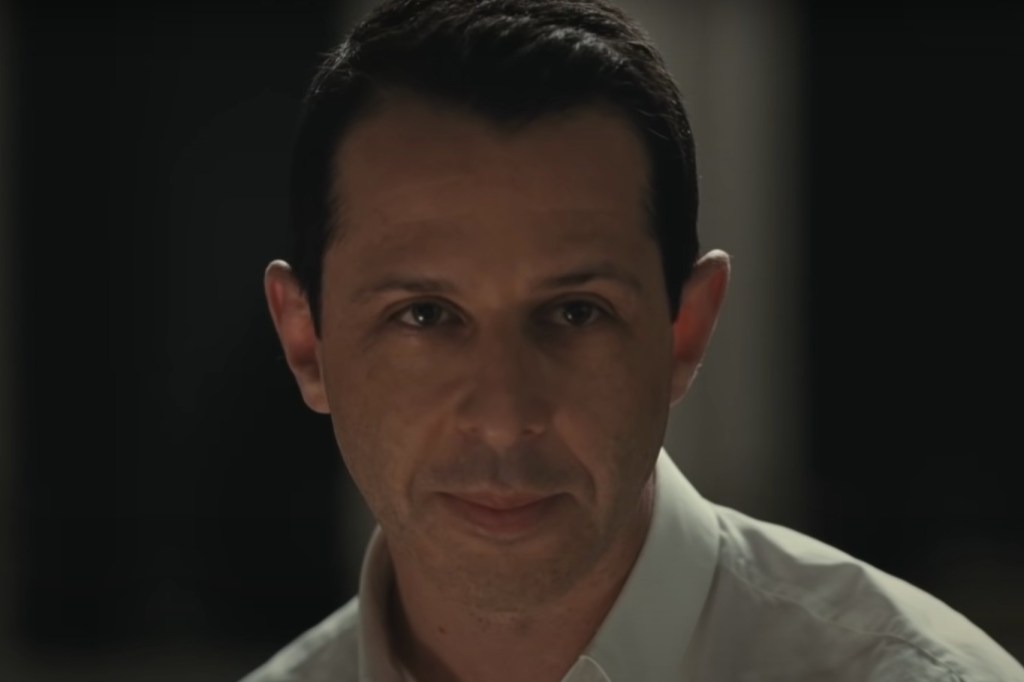The most eagerly anticipated television series of 2021 has finally returned. There are no dragons, or homicidal drug lords, or anachronistically liberal Georgian aristocrats in sight. Instead, the protagonists are a bunch of squabbling, backstabbing multi-millionaires so obsessed with obtaining advantage over one another that the casual cruelties they inflict on the ‘little people’ around them pass unnoticed.
Welcome to the third season of Succession, the wittiest, most vicious show in recent memory.
There are numerous reasons for its success. Its creator, Jesse Armstrong, is a British writer who has written for other similarly literate shows as Veep and Black Mirror, but was previously best known among the cognoscenti for his jet-black and scabrous sitcom Peep Show, which he co-wrote and created with Sam Bain. The appeal of the earlier show, which introduced Olivia Colman to audiences, amongst others, was in its first-person narration from its morally flawed characters, which allowed them to confess their venal and pathetic fantasies to the audience, if not to each other. It made for bracingly unpleasant viewing—or at least, it would have been unpleasant if it hadn’t been so hilarious.
Succession possesses much of the same DNA as Peep Show, albeit in an entirely different socio-economic register. Its protagonists do not inhabit an anonymous apartment in a South London high-rise, but instead swan from Manhattan condo to Tuscan mansion, usually by private jet. And their ambitions are not to manipulate themselves into a slightly better job, or to seduce a neighbor or colleague, but to obtain supremacy over the family business Waystar RoyCo, a multinational conglomerate that summons to mind everything from the Murdoch dynasty to the empires of Bezos and Musk.
Yet they are just as self-obsessed and unable to comprehend how deeply unpleasant their actions are, with similarly jet-black comic consequences. One low point in Peep Show comes when one of the protagonists eats dog in order to cover up his despicable action. It finds its counter in Succession when a character swallows his own semen in a vain attempt to avoid cheating on his wife. The fact that this incident, while amusingly repugnant, is all but unremarked upon after it takes place is testament to the heightened universe that Armstrong and his fellow writers have created. Rules, like taste, are for the world’s also-rans. If you’re following them, you should know how insignificant you are.
There are other, subtler touches. The casting of the veteran actor Brian Cox as the family’s embattled but vital patriarch Logan Roy is balanced, in all senses, by Jeremy Strong as his consistently belittled would-be successor and son Kendall. A particular delight is to watch the actors’ interactions with one another as performers. Cox is a no-nonsense thesp of the old school who trusts in the script and in the director to obtain insight into his character. Strong, who was once Daniel Day-Lewis’s assistant, is a method actor of the first order who has sought to inhabit his character entirely, somewhat to his co-star’s surprise. This interplay between the two men — not to mention the rivalry that both have faced while competing for awards with one another — gives the central dynamic a powerful Oedipal kick.
The third series has, deliberately, avoided any mention of the pandemic. (The actress Sarah Snook, who plays Shiv, commented that ‘these are really wealthy people…and unfortunately, none of the world’s really wealthy people were going to be affected by the pandemic’.) Yet the show does not exist in a bubble. As society pits rich against poor — not least in the Netflix smash hit du jour Squid Game — its themes of inequality and venality are all the more timely for its return.
Forget culture wars or mass cancellation. For the elite of society, such concerns are irrelevant. And it’s their wars, fought as if from Mount Olympus, that the rest of us can sit and enjoy. Plus the cliffhanger at the end of season two was one for the ages. Finally, it’s time to catch up with television’s most fractious family and see what fresh, hilarious hell awaits.

















